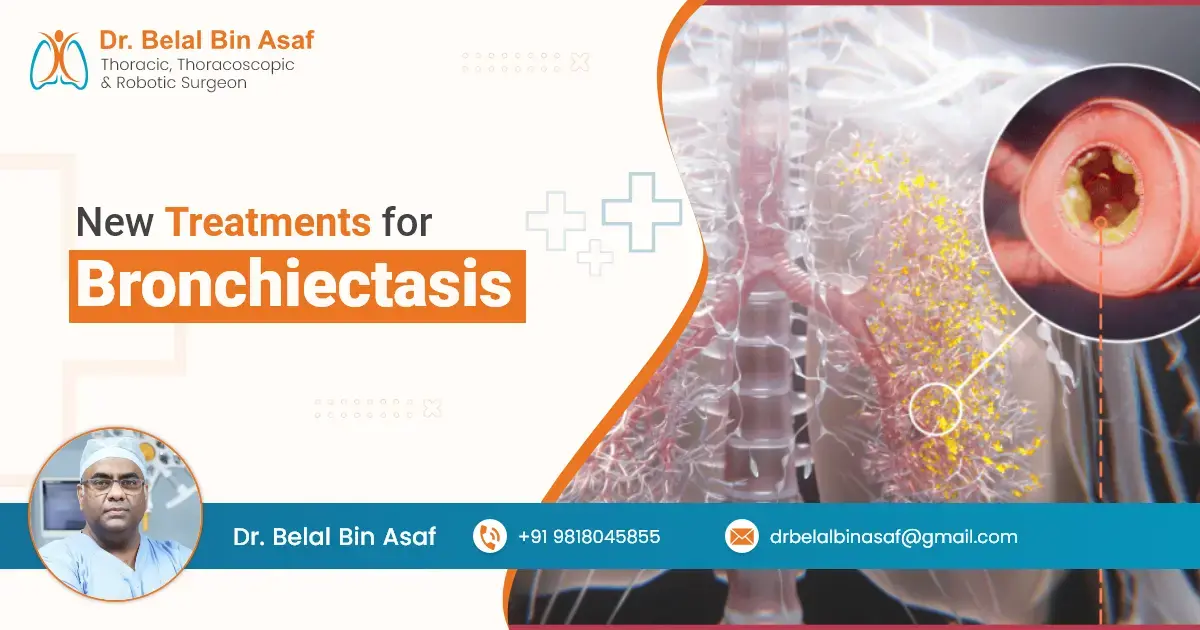Bronchiectasis, a chronic respiratory condition characterized by the abnormal widening and scarring of the airways, is increasingly recognized for its long-term impact on health. As a disease, it can lead to persistent cough, excess mucus production, recurrent infections, and reduced lung function. While bronchiectasis has traditionally been managed with antibiotics, airway clearance techniques, and pulmonary rehabilitation, new advancements in treatments are offering hope for those living with the condition. In this article, we’ll explore some of the innovative therapies and treatments that are reshaping the management of bronchiectasis.
Contents
Understanding Bronchiectasis
Before diving into the treatment options, it’s important to understand what bronchiectasis is and how it affects the body. The disease results from damage to the walls of the bronchi—airways that carry air to the lungs. This damage causes the airways to dilate and become scarred, leading to difficulty in clearing mucus. The accumulation of mucus can promote bacterial growth, which causes frequent infections and inflammation, leading to further damage. Over time, this cycle can result in progressively worse lung function.
Traditional Treatments for Bronchiectasis
Historically, treatment for bronchiectasis has focused on controlling symptoms, preventing infections, and maintaining lung function. These treatments often include:
- Antibiotics: Used to treat infections and prevent flare-ups.
- Airway Clearance Techniques: These include chest physiotherapy, postural drainage, and using devices such as oscillating positive expiratory pressure (OPEP) devices to help clear mucus.
- Pulmonary Rehabilitation: Exercise and education programs aimed at improving lung capacity and overall health.
- Bronchodilators: Medications to help open the airways and ease breathing.
Despite these methods, they don’t always address the underlying inflammation and damage to the lungs, and patients may continue to experience recurrent infections and a decline in lung function. As a result, researchers and clinicians have been working to develop new, more effective treatments for bronchiectasis.














 +91-9818045855
+91-9818045855
